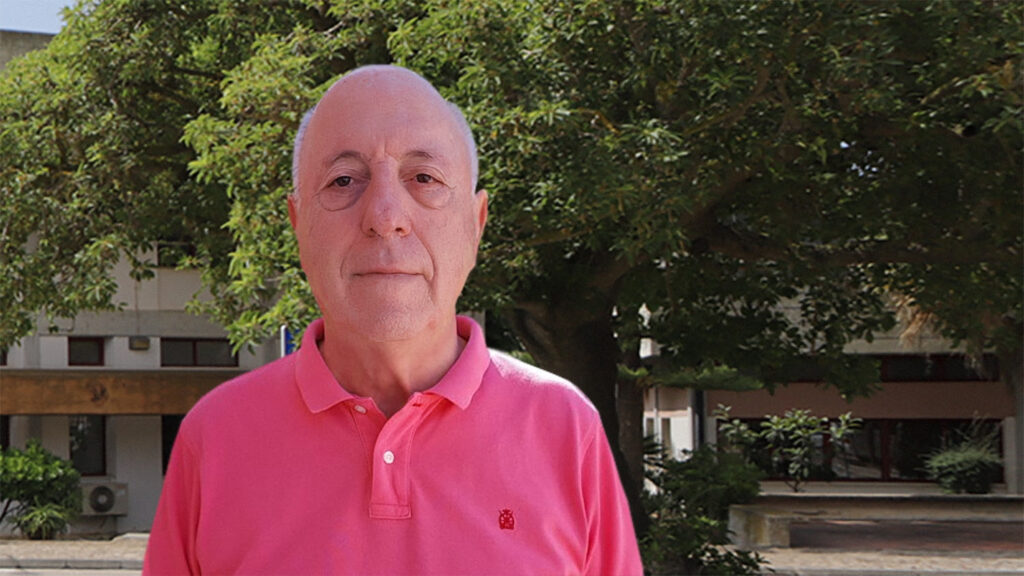José Leitão, full professor at the Faculty of Sciences and Technology of the University of Algarve, will deliver his Last Lesson, entitled “The Improvement of Plants in Modern Agriculture”, on June 24, at 15:00, in the Green Auditorium, Building 8, at the Gambelas Campus.
In this lesson, after a brief introduction to the emergence of agriculture and its relationship with plant breeding, the role of the latter in the development of Modern Agriculture will be analyzed.
Following a brief reference to the most relevant moments, and the most remarkable scientific and technological advances in the evolution of Plant Breeding, José Leitão will give a brief description of the contribution of the University of Algarve to the development of this scientific practice.
José Leitão was born in Braga, on June 24, 1952. He finished secondary education in Nampula, Mozambique, and graduated in Agronomy from the Agrária University, Bulgaria, having a Ph.D. from the Academy of Sciences in the same country and a PhD from the Faculty of Sciences at the University of Lisbon – Doctor Honoris Causa from the University where he graduated.
In 1989 he became assistant professor at the University of Algarve, associate professor (1996), associate professor with aggregation (2000) and full professor (2003) at the same educational institution, where he created a laboratory in the area of Genomics.
He also held the positions of Director of Faculty and Department, and President of the Scientific Council. He is a visiting researcher at the Universities of Mainz (Germany) and PennState, Stanford, Georgia and Arizona (USA).
José Leitão also supervised several interns, masters and doctoral students. He has published over 70 articles, and has presented approximately 200 oral and panel communications. He was principal investigator of several research projects and chaired three international scientific events.



















Comments